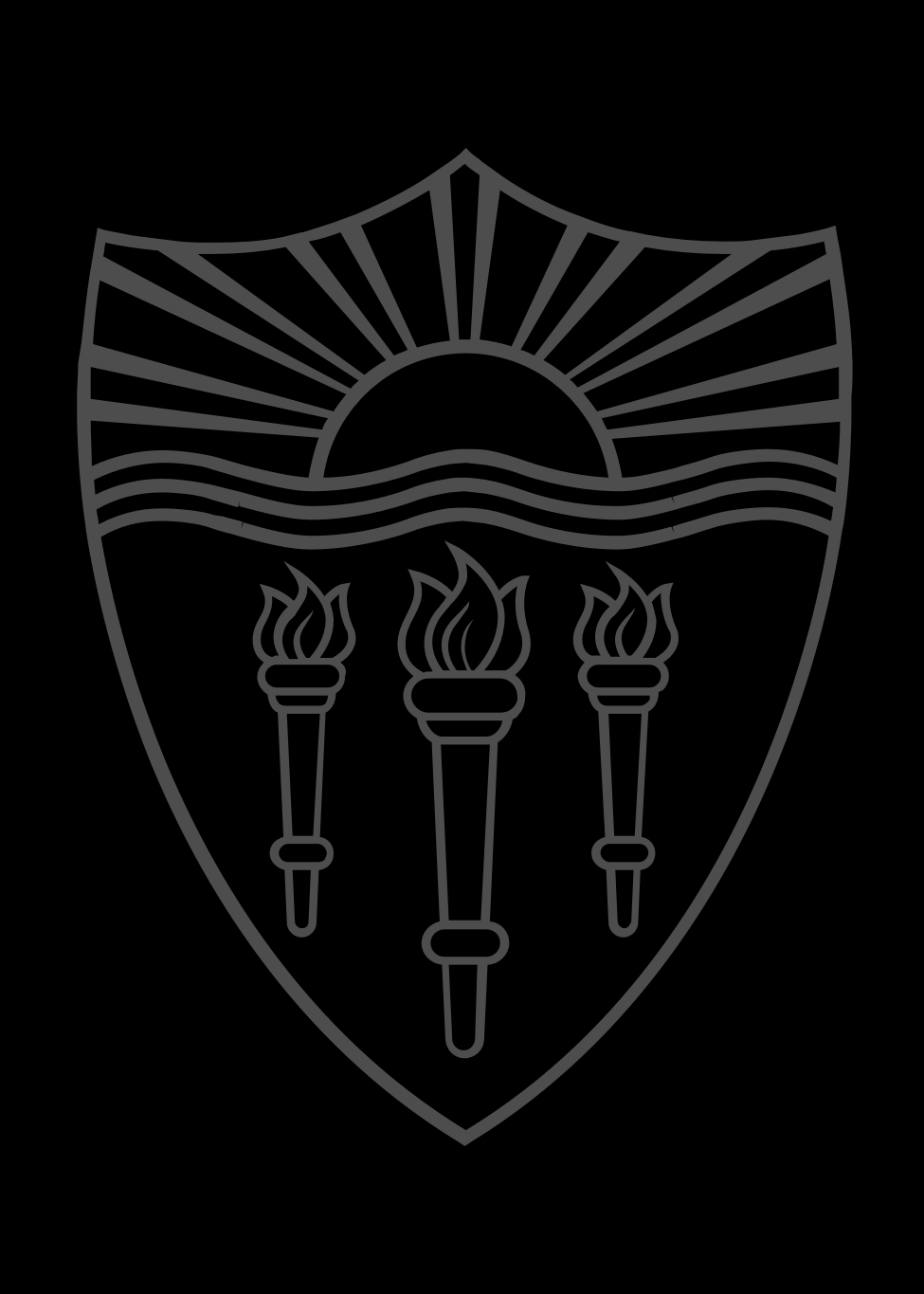Maura Crowley

-
Summary Statement of Research Interests
My focus is on nineteenth-century Latin American literature and its treatment of concepts of national identity and nation-building. I am researching a literary newspaper published during the middle of the nineteenth century in Havana. The editors write that the project has an artistic purpose and a historical focus, for it includes poems, historical studies and short stories that comment on indigenous Cubans (the siboneyes) who died from disease and forced labor centuries earlier. A careful reading of the work, which is structured like a literary journal, reveals that its true purpose, however, is to promote the independence of the island. Due to censorship in the 1850s, the authors use symbolism and the tortured figure of the gentle siboney Indian to carefully express their revolutionary zeal. In my work, I explore how an ostensibly literary newspaper can be founded on a politically-motivated ideology intended to promote the Cuban cause for independence. This approach is unique in part because it considers a periodical (rather than novels, for example) as a relevant source of writings on the topic of nation-building. The text itself is also unique, as it is the only siboneista newspaper ever published.
As periodicals provided the most far-reaching means of disseminating ideas on everything from politics and education to fashion and entertainment during the nineteenth
century, they offer a tremendous panorama of daily life as well as a keen insight into the
political thought of the time. Due to the great cost of printing books, much of what we
now read as books of poetry or novels was originally published in installments or in serial
form in periodicals that, in Cuba for example, were founded on a politically-motivated ideology. As the island was still living under colonial rule, Cubans were forced to rely upon symbolic language and images well into the latter half of the century to express their patriotic zeal while still managing to avoid the ever-vigilant watch of the censors.